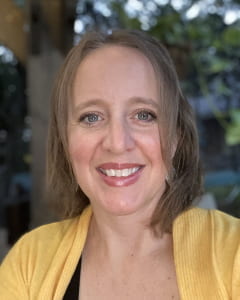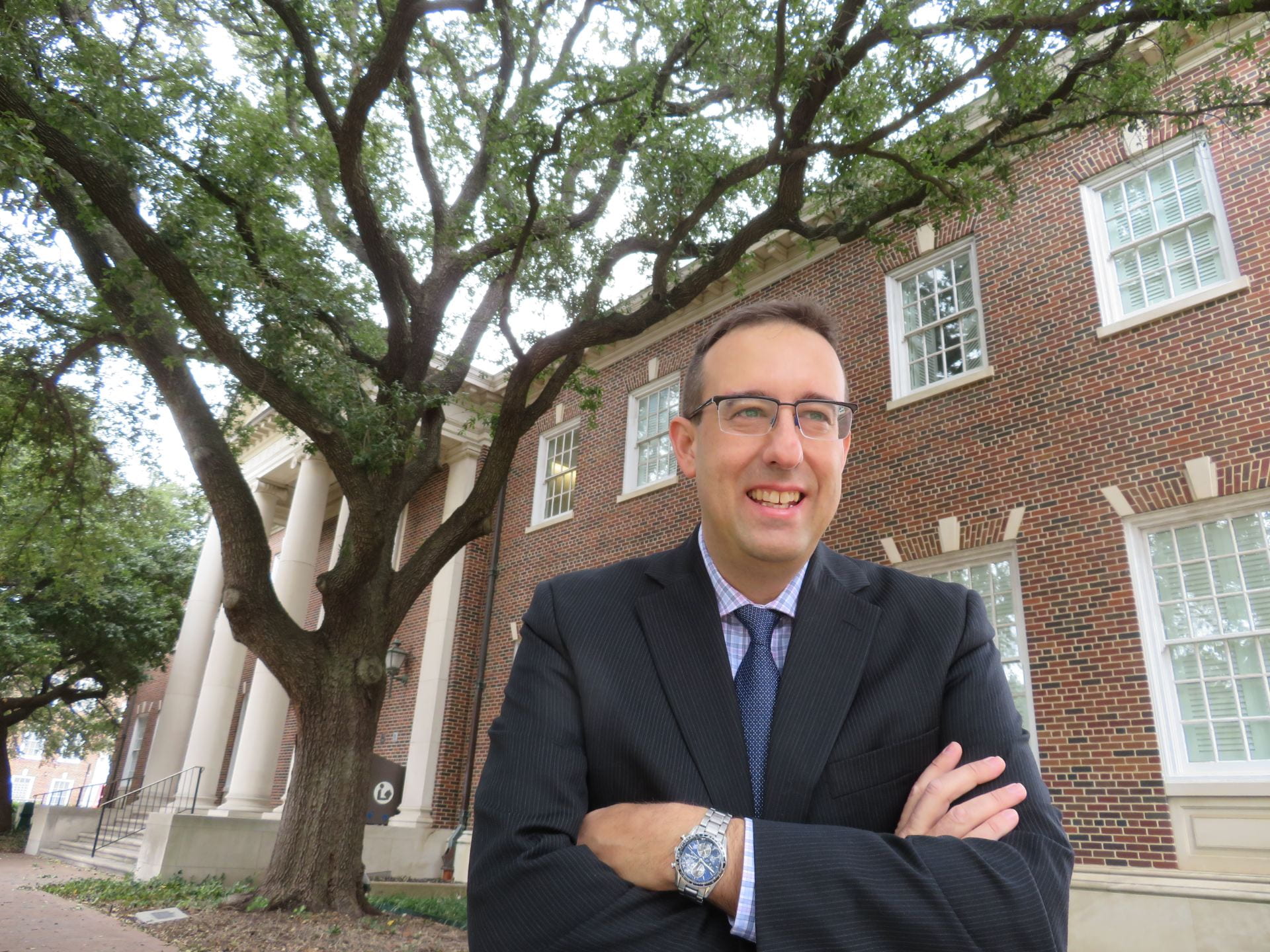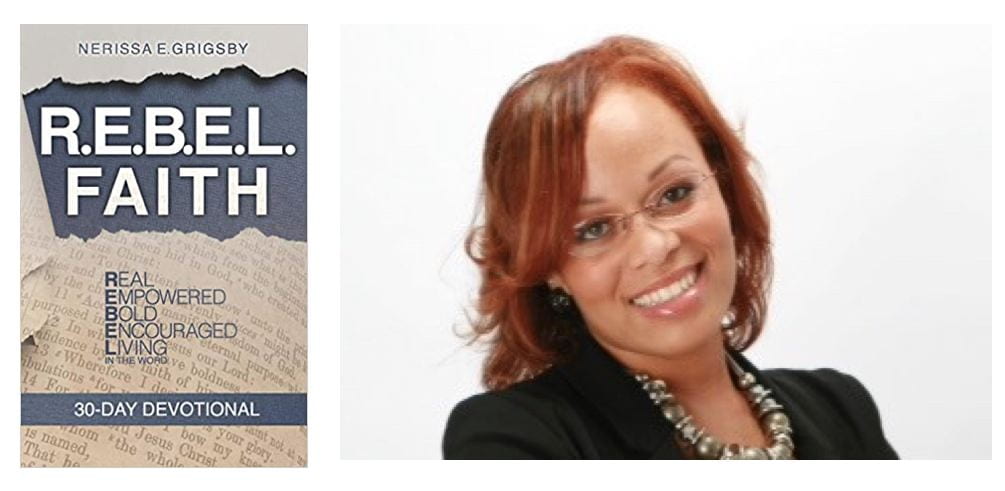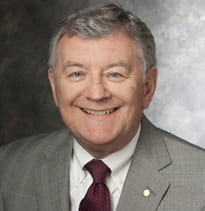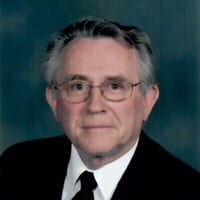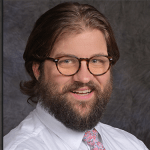Why do Protestants tend to shy away from Mary, the Mother of Jesus? And what might they be missing as a result? Attendees will have the opportunity to examine these questions at the Perkins Summit for Faith & Learning, which takes place online March 19-20.
Dr. Jeanne Stevenson-Moessner, Professor of Pastoral Care and Pastoral Theology, will teach a daylong class on “How Do We Solve A Problem Like…Mary?” It’s one of five offerings taught by Perkins faculty as part of the virtual event.
For a preview of the course, we talked with Stevenson-Moessner; here are excerpts.
Q. Your course title is “How Do We Solve a Problem Like… Mary?” What is the problem?
Her invisibility. She was rather invisible in my upbringing in the church as a Protestant. The only time she popped up was in the crêche at Christmas, or at the foot of the cross, and then at Ascension.
Q. The course description talks about her “apparent passivity and helplessness.” Is there another way to view Mary?
Often, Mary is seen wringing her hands at the foot of the cross or fainting into the arms of John the Disciple. Or we read the Magnificat, her psalm of praise, as a declaration of acquiescence. These are images of passivity and blind acceptance. Even in the crêche, Mary is portrayed as just sitting there and staring at the baby. We see that in Christmas pageants and in some art and renditions. I think these are inaccurate stereotypes.
Consider that, if someone is going to accept what God has given them – like bearing a child out of wedlock – it takes strength. You have to be a strong woman to survive in the role of pariah or outcast.
In the Magnificat, Mary identified with a vision, in which people who are oppressed are lifted up and made important. It’s very similar to what we do on Martin Luther King, Jr. Day. We remember that God is with those who are oppressed. It’s right there in the Magnificat, a central text for the liberation movement.
As we approach the Lenten and Easter seasons, consider that Mary was actually there at the crucifixion. Think it what it took to be able to stand there and watch that. Just as it takes strength to be able to sit in a waiting room for a sick child, or to identify a child in a morgue. How do you go on? That takes a huge amount of hope, faith and courage.
One of the terms the Catholics have for her is a “woman of valor.” Passivity and helplessness are not accurate descriptions of Mary, the Mother of God. We need to remember that the Council of Ephesus in 431 A.D. ruled Mary to be the Mother of God. Not just the Mother of Jesus; the Mother of God. That is in the tradition of our churches. That’s huge.
God is omnipotent. God could have chosen to live amongst us in a myriad of ways – yet God chose to be born in the body of a woman. God became flesh (Jesus of Nazareth) in the body of a woman, Mary. Using Mary as she embodies incarnational theology not only elevates the status of Mary but of women in general. The Incarnation underscores the importance of the women’s body, even in cultures that objectify, degrade, and devalue it.
Mary as God-bearer makes her blessed amongst women. I never heard that growing up Methodist and Presbyterian. I want to make sure we can connect with Mary, see her tenderness, her wisdom, the guts to stand at the foot of the cross and watch her child die.
Q. Protestant Christians tend to shy away from Mary. Why?
I think Protestants have reacted to the Catholic and Greek Orthodox emphasis on Mary and Mariology. For fear of “worshipping Mary,” we’ve done very little with Mary. We’ve undervalued her and rendered her invisible.
Q. Tell us about how you personally became interested in Mary and how your view of her has changed over time.
My children attended a Catholic school during the time we lived in Dubuque, Iowa. When my son was in 7th grade, he had an illness and was hospitalized for a month at Mayo Clinic; that required me driving several times a week for five hours on one-lane Highway 52’s snowy, icy roads to Rochester, Minn. One of the nuns at the Catholic school, Sister Carmen, knew I was anxious about the drive. If the conditions got really bad, she said she’d go with me. But if not, she advised me, “Take Mother Mary with you.” She encouraged me to allow Mary, mother of God, theotokos, to accompany me.
I really respected Sister Carmen but did not know what she was talking about. Her suggestion did not fit my limited Protestant experience. But I would do anything for my kids, so I tried her suggestion. I “took Mary with me.” I played uplifting music, I sang, and I enjoyed not being alone. Sometimes, I drove more cautiously because of the deer. Sometimes I drove a little slower because of foggy conditions or the late hour. But I never drove with fear, and I never drove alone
I came to realize that I could embrace the fierceness of Mary. I did not make that journey by myself. Because I had the awareness of an accompanying presence, I can honestly tell you, I did not drive alone. Although I cannot rationally explain the experience, it changed me.
Q. Who should take this course, and what can participants expect to take away?
I hope they will have a new perception of Mary. When we contemplate the austerity of Lent and the horror of crucifixion, they will remember that Mary was involved in all this. Every time they say the Apostle’s Creed – which reminds us that Jesus was “born of the virgin Mary” – they will have a new view of Mary. They will see her as a woman of valor, someone who knew what it meant to suffer, yet stay the course. Someone who is part of the “cloud of witnesses” that Hebrews 12:1-2 tells us about. A tough, fierce woman who is no stranger to grief, who is a role model of tenderness and mercy.
Registration is now open for the 2021 Perkins Summit for Faith & Learning, March 19-20. This year’s event will take place virtually. Visit this link.



